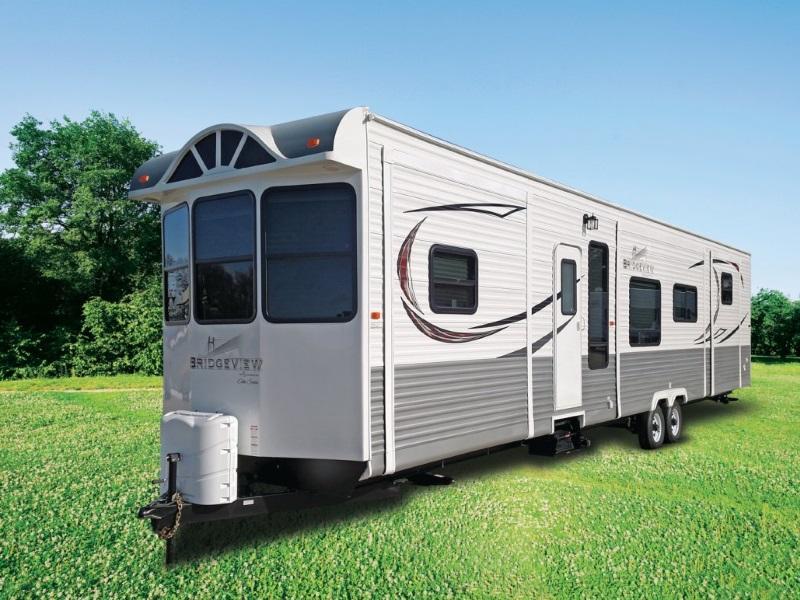When planning a hotel stay, it’s essential to consider not only the room rate but also the associated charges that may come up. These charges, known as hotel incidentals, can quickly add up and impact your overall expenses during your stay. From in-room dining to parking fees and mini-bar usage, hotel incidentals can be a significant expense that requires effective management.
In this section, we will explore the various charges associated with hotel incidental and provide valuable tips for managing them effectively during your stay. By the end of this section, you’ll have a clear understanding of how to navigate your expenses with ease, ensuring a stress-free stay and no surprise bills to manage.
Let’s dive in and explore everything you need to know about hotel incidental, charges, and tips for managing expenses during your stay.
What are Hotel Incidentals and Common Charges?
Contents
Hotel incidentals refer to additional charges that hotel guests may incur during their stay. These charges can add up quickly and significantly increase your overall bill.
Common charges that fall under hotel incidental include in-room dining, mini-bar usage, parking fees, and any additional services or amenities that may come at an additional cost. It’s important to understand what these charges entail before embarking on your stay, as they can quickly eat into your budget if you’re not careful.
By understanding the common charges associated with hotel incidental, you can better plan your budget accordingly and avoid any surprises on your final bill.
Tips for Managing Effectively
To manage your hotel incidental effectively, it’s crucial to set a daily budget. Take into account your expected expenses and adjust your budget to align with your travel plans. By having a budget in place, you’ll be able to monitor and control your expenses better.
You can also avoid unnecessary charges by planning ahead. For example, you can bring your own snacks and drinks or look for alternative transportation options to avoid parking fees. Additionally, you may want to consider leveraging any loyalty programs or perks offered by the hotel to save money on incidentals.
Another great tip is to review your hotel bill carefully before checking out. Be sure to double-check all the charges to ensure they’re accurate and dispute any incorrect charges that you come across. Lastly, communication is key. Don’t hesitate to communicate your preferences and expectations with the hotel staff to ensure a pleasant stay.
One of the best practices for navigating hotel incidental is to always review your hotel bill. Ensure that you go through every charge to see if it matches the services you received during your stay. If you notice any incorrect charges, don’t hesitate to dispute them. Hotels are willing to negotiate and come to a reasonable agreement with you.
Additionally, communicating your preferences and expectations with the hotel staff is crucial. If you have any dietary restrictions or preferences, let the kitchen staff know in advance. The hotel staff will also appreciate your preferences for housekeeping services and may offer discounts or other perks.
It’s also important to keep track of your expenses and set a daily budget. This will help you avoid any unnecessary charges and enable you to make the most of your stay. Finally, don’t forget to leverage any loyalty programs or perks that can help you save money.
Following these best practices for navigating hotel incidental will enhance your overall experience and help you have a smooth and hassle-free stay.











